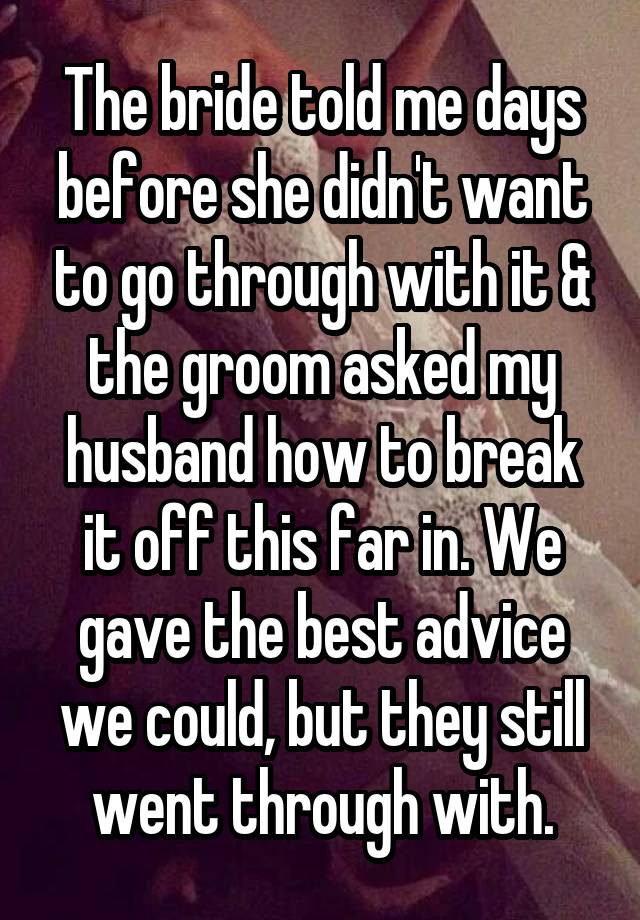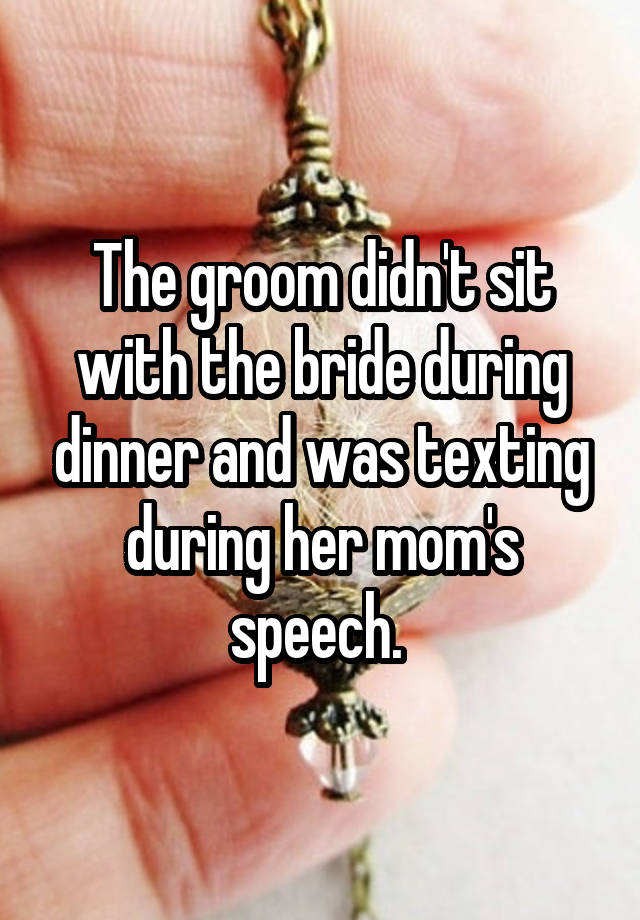
From Huffington Post--
What conversations do guys really wish they could avoid having with their spouses?
Below, marriage therapists share nine things men complain about when they’re in their offices.
1. “I know it’s late, but we need to talk...”
The next time something needs to be addressed, save the conversation for the morning, said
Elisabeth J. LaMotte, a psychotherapist and founder of the DC Counseling and Psychotherapy Center. “We need to talk” conversations tend to be of a higher quality if you wait until you’re both well rested and
ready to talk.
“The tension between women wanting to talk and men wanting to sleep is the stuff of old T.V. sitcoms,” she said. “Still, these days, there really is an epidemic of sleep-deprived couples lacking adequate communication.”
2. “Those shorts make you look like a teenager. Maybe you should wear something else?”
You dislike it when your spouse makes snide remarks about your new haircut or favorite baggy shirt. He probably feels the same way when you side-eye his new cargo pants, said
Susan Heitler, a psychologist based in Denver, Colorado.
“Who are you to set the standard of dress for him?” she said. “And ‘you should’ is a sure way to invite him to feel that you’re being too controlling.”
3. “I would have preferred if you just got me a card!”
It’s the thought that counts with gifts, right? Still, chances are, your S.O. really
thought buying that pricey handbag the Macy’s salesperson pushed on him was
thoughtful and generous. Acknowledge it with a simple “thank you,” even if you’re thinking,
“That price tag! You shouldn’t have,” said
M. Gary Neuman, a psychotherapist based in Miami Beach, Florida.
“Men like to feel like winners in their spouses’ eyes and get disheartened when they make attempts that are not met with enthusiasm,” Neuman said. “A spouse is better off being gracious and appreciative and then later outlining gestures that would be more meaningful.”
4. “My ex would never do that.”
Comparisons to exes only breeds contempt, said
Kurt Smith, a therapist who specializes in counseling men.
“It’s not uncommon for husbands to be living in the shadow of their partners’ exes,” he said. “But there are probably good reasons why you’re no longer with those other guys. Comparing your partner to your exes or to a best friend’s partner or even to ‘The Bachelor’ is unfair and makes men feel unloved.”
5. “Ugh, I hate how you leave the dishes in the sink.”
You may want your spouse to be a little more diligent about the dishes or wish he’d slow down when driving, but there’s a right and wrong way to issue your complaint, reminded
Tammy Nelson, a sex and relationship therapist and the author of
The New Monogamy. Who wants to hear non-constructive criticism, whether you’re a man or woman?
“Instead, use phrases that show appreciation for what he could do right,” she said. “Say ‘I appreciate it when you do it this way instead’ or ‘I love when you rub my back softly.‘ Always remember, you get more of what you appreciate.”
6. “All you want is sex.”
Yes, sex is a huge motivator in our lives but you’re insulting your spouse by assuming he’s only lending a hand in the hopes of it leading to sex, said Neuman.
“Men do enjoy and desire sex but they hate when they’re trying to do something nice for their spouse and are suspected of ulterior motives,” he said. “It may even be true at the moment, but it doesn’t mean that it’s the only reason they do stuff.”
7. “You never take out the trash. You always just let it pile up.”
The trash is a placeholder for just about anything here. The important thing to note is that using all-encompassing, accusatory blanket terms like “never” and “always” is a very bad idea, said Nelson.
“No one ever does anything ‘always’ or ‘never’ so take those two words out of your vocabulary,” she said. “Keep the conversation focused on what is happening now and avoid words that lump behavior into such huge categories.”
8. “Yes, but...”
Agreeing with something, then adding “yes, but...” dismisses everything said before it, Heitler said.
“But deletes whatever came before,” she said. “No man (or woman) likes to have what he or she said dismissed like that.”
9. “Remember when you made that one mistake, seven years ago?”
Maybe your partner forgot your anniversary a few years back. Maybe he made plans with his buddies on a weekend when you were headed to your parents. Whatever the case may be — whatever the mistake was — if you’ve forgiven him for doing it in the past, do your relationship a favor and let it go, said Smith.
“A lot of guys feel like they can never escape their past because their wife never forgets about any mistake they’ve ever made,” he said. “And they hear about every one of those mistakes every single time they screw up.”
The reality is, said Smith, “when a man feels like he never gets validated or appreciated for what he does right it usually leads him to tune his wife out.”































